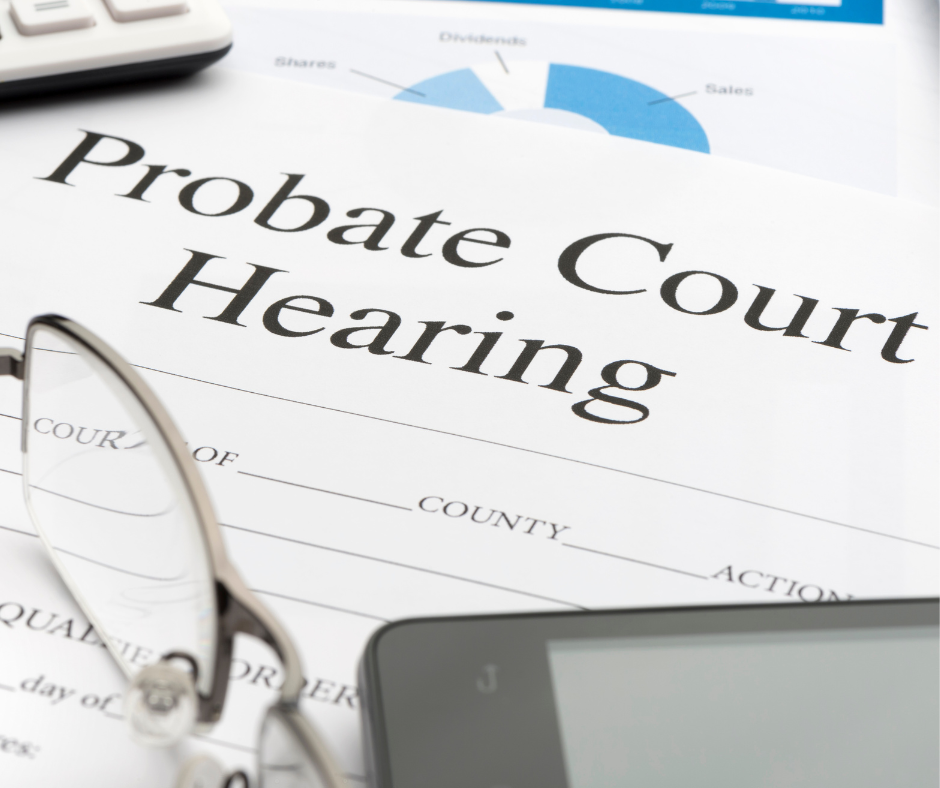Estate Planning with Alzheimer’s
November is Alzheimer’s awareness month.
Alzheimer’s is a progressive brain disorder, NOT a normal part of aging. It is caused by brain cell damage and, as it progresses, cognitive ability declines, and simple tasks become troublesome.
According to the Alzheimer’s Association, every 65 seconds, someone in the United States develops Alzheimer’s. The Alzheimer’s Foundation reported more than 6.2 million Americans currently suffer from this disease and by 2060, that number is projected to jump to 13.8 million Americans.
Receiving an Alzheimer’s diagnosis can be overwhelming, causing a ton of questions to arise regarding how to plan for your future. While you still have the legal capacity to make decisions, it is vital to review and update your estate plan.
But where to start?
First, it is important to understand that an Alzheimer’s diagnosis does not mean immediate incapacity. While the disease will eventually affect your cognitive abilities, early diagnosis does not mean you are automatically considered an incapacitated adult, lacking the authority to make decisions for yourself.
What is Legal Capacity?
Legal capacity is your ability to understand the meaning of the documents you are creating and the consequences of those documents. While Alzheimer’s is a disease that will cause cognitive ability to decline, a diagnosis does not immediately mean you lack legal capacity.
Early diagnosis allows for the opportunity to create a plan that ensures you and your loved ones have the tools in place to effectively care for you and fulfill your wishes.
What Types of Documents Should You Have?
A Durable Power of Attorney is a document in which you name an agent to act on your behalf in the event of incapacity and/or incompetency to manage your affairs. Depending on the terms of the Durable Power of Attorney, the document could give the agent access to bank accounts, safety deposit boxes, buying/selling property, paying bills, assisting with nursing care, etc.
A Healthcare Power of Attorney is a document in which you name an agent to act on your behalf in the event of incapacity and/or incompetency, to make any needed general medical and end-of-life decisions on your behalf.
If the Powers of Attorney are not in place and a person lacks the legal capacity to execute the documents, then the person’s family will have to seek Court intervention to declare the person incapacitated and appoint someone to serve as their Guardian and Conservator. The Court process can be expensive for the family as well as time-consuming.
Last Will and Testament
While having powers of attorney in place is important for your care during incapacity, you should also review your goals for your estate after death.
A Last Will and Testament (“Will”) is a document that gives direction to a Probate Court regarding who will administer your estate and how you want your estate to be distributed. When you fail to create a Will, your estate will be administered and distributed per state laws. Rarely do these laws meet the goals of individuals.
Revocable Trust
An alternative to a Will is a Revocable Trust, sometimes referred to as a Living Trust. This mechanism allows you to create detailed instructions regarding the management of your assets during your lifetime, and the distribution upon your death. A carefully drafted trust will not only allow you to make plans for your future care, but also give you a sense of peace regarding the plans you have established for your family’s future as well.
Be Proactive
Alzheimer’s is a terrible disease affecting millions of Americans. However, you can maintain control of your assets and your care by being proactive after a diagnosis and establishing a solid estate plan. Contact Jolley Law Group for help with estate planning.










